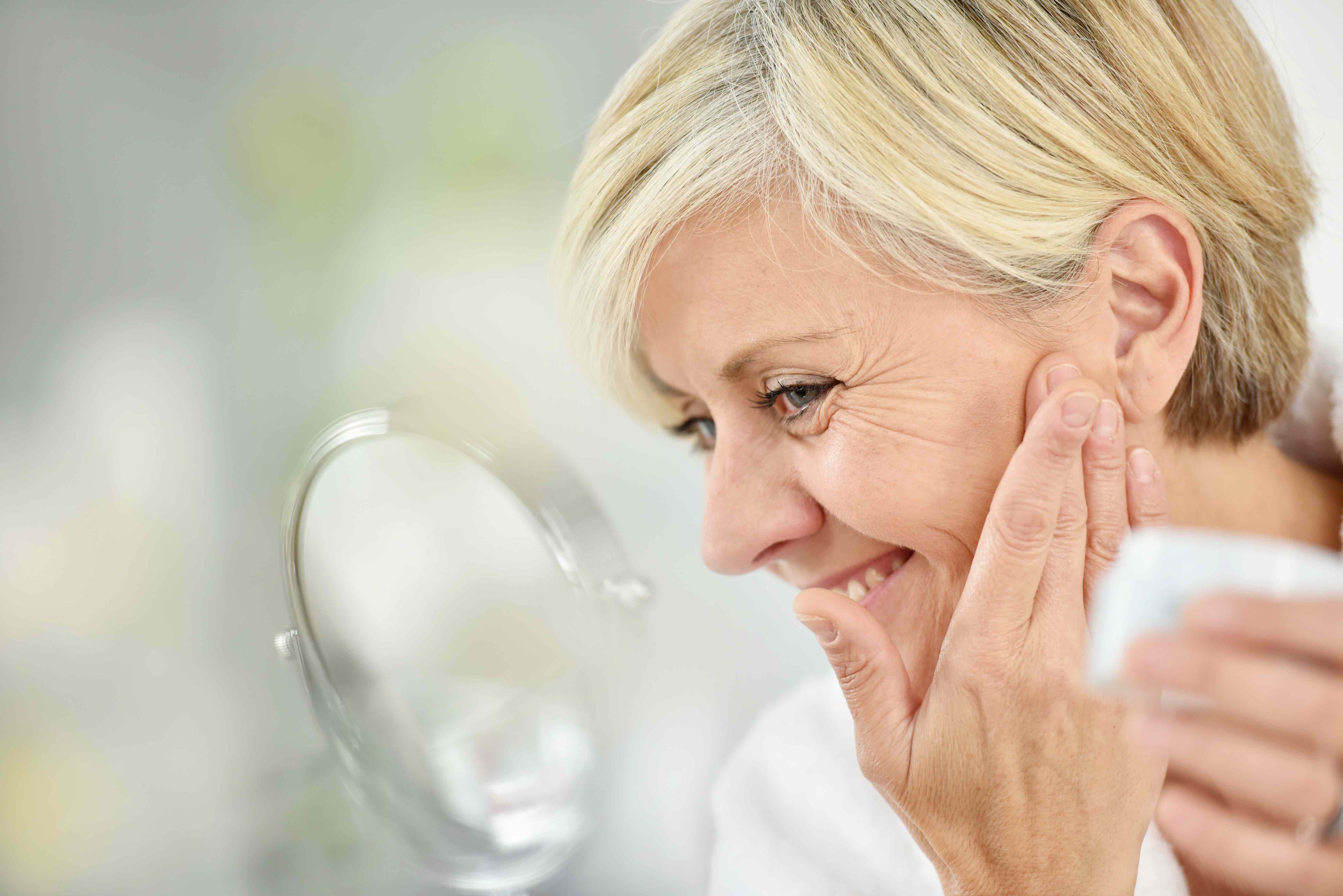Increasing the expression of certain genes could reduce skin ageing, says new study
 The secret to younger-looking skin could lie in our genes, according to a new study by the Beth Israel Deaconess Medical Center in Boston.
The secret to younger-looking skin could lie in our genes, according to a new study by the Beth Israel Deaconess Medical Center in Boston.
Researchers discovered that women who look young for their age have greater expression of specific genes associated with skin health, and believe that boosting the activity of these genes may be the way to slow the skin ageing process.
According to the study, those who appeared younger than their chronological age had greater expression of genes related to a variety of biological processes, such as DNA repair, oxidative stress response and cell replication, as well as the metabolism of mitochondria – which are organelles that produce energy for cells.
"It seems that their skin looked younger because it behaved younger… [These women] presented a specific gene expression profile mimicking the biology of much younger skin,” said Dr Alexa B Kimball, the lead study author.
"Improving our understanding of which choices and factors led to this specific profile is likely to be of great interest across the ages.”
What the study involved
The team enrolled 158 white women between the ages of 20 and 74 into the study, with some who looked significantly younger than their chronological age, as determined by digital facial analysis.
Researchers than took skin biopsies from each participant – sun-exposed areas of the skin, including the face and forearm, as well as from the buttocks, which is a sun-protected area, and analysed these samples for changes related to ageing. Salvia samples were also taken and used for genotyping.
Several changes to gene expression were identified that occur progressively from the age of 20 to 70, including oxidative stress, the imbalance between the production of free radicals and the antioxidants that counter their harmful effects; cellular senescence, an anti-ageing contributor which stops cells dividing; and changes to the skin barrier function.
Comparing the sun-exposed and sun-protected samples also confirmed that exposure to UV damage is a major cause of gene expression changes related to skin health.
The team say that broader application of these findings across races and Fitzpatrick skin types will require further studies.

